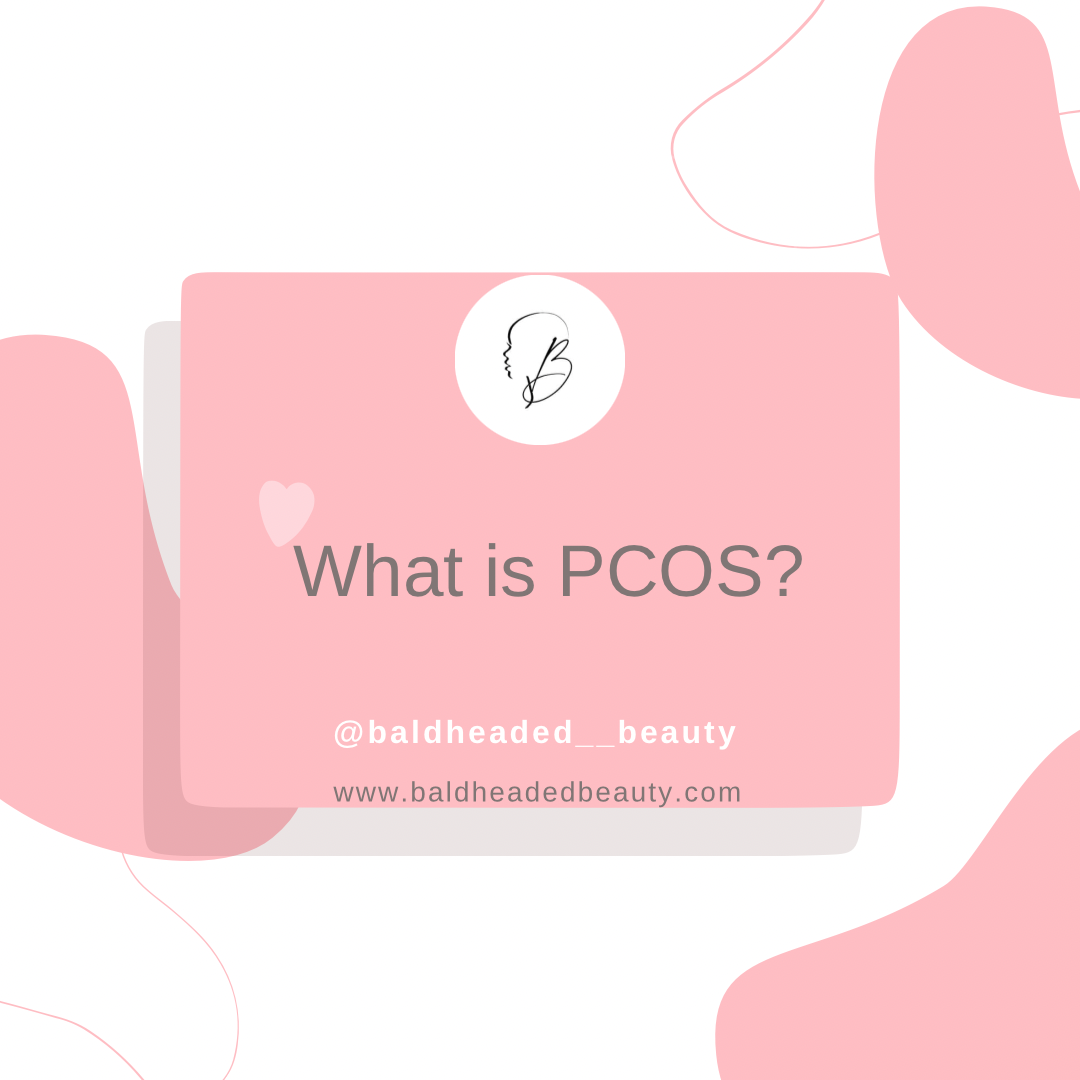
Polycystic Ovarian Syndrome, commonly known as PCOS, is a hormonal disorder that affects millions of women worldwide. It is a complex condition involving multiple body systems, including the reproductive, endocrine, and metabolic systems. Despite its prevalence and impact on women’s health, PCOS remains a misunderstood and underdiagnosed condition.
One of the defining characteristics of PCOS is the presence of cysts on the ovaries. However, these cysts are not the sole factor in diagnosing the syndrome. PCOS is diagnosed based on symptoms, including irregular or absent periods, high levels of androgen hormones like testosterone, and polycystic ovaries detected through imaging tests. While the exact cause of PCOS is unknown, researchers believe genetic and environmental factors influence it.
One of the most apparent symptoms of PCOS is menstrual irregularity. Women with PCOS may experience infrequent periods, heavy bleeding, or prolonged cycles. This irregularity is a result of the hormonal imbalances that occur in PCOS. The excess production of androgens, such as testosterone, interferes with the normal development of ovarian follicles and disrupts ovulation. Consequently, women with PCOS often struggle with infertility and difficulties in conceiving.
Apart from reproductive issues, PCOS significantly affects women’s overall health. Women with PCOS are at a higher risk of developing other medical conditions such as insulin resistance, type 2 diabetes, high cholesterol levels, and cardiovascular diseases. The hormonal imbalances associated with PCOS can lead to weight gain and difficulty losing weight, further exacerbating these health risks. Consequently, early diagnosis and management of PCOS are crucial in preventing long-term health complications.
Managing PCOS involves a multi-faceted approach. Lifestyle modifications are often the first line of defense. Regular exercise, a balanced diet, and weight management are critical components of a healthy lifestyle for women with PCOS. Medications like birth control pills, metformin, and anti-androgen drugs are prescribed to regulate menstrual cycles and combined lifestyle changes, reduce cyst formation, and control hormonal imbalances. The use of these medications is highly individualized, considering each patient’s specific needs and symptoms.
Additionally, counseling and support groups can play an essential role in helping women navigate the emotional and psychological challenges associated with PCOS. The diagnosis of a chronic condition like PCOS can be daunting, leading to feelings of distress, anxiety, and body image issues. Creating a safe and supportive environment for women with PCOS can aid in their overall well-being and help them manage their symptoms more effectively.
PCOS is a complex hormonal disorder that affects numerous women worldwide. Irregular periods, hormonal imbalances, and the development of cysts on the ovaries characterize it. PCOS significantly impacts women’s reproductive health and can affect their overall well-being. Early diagnosis, lifestyle modifications, and appropriate medical interventions are crucial in managing PCOS and preventing associated health complications. Increased awareness and improved healthcare practices are necessary to ensure that women with PCOS receive timely and adequate support to lead happy and healthy lives.
-Your favorite BaldHeaded Beauty

